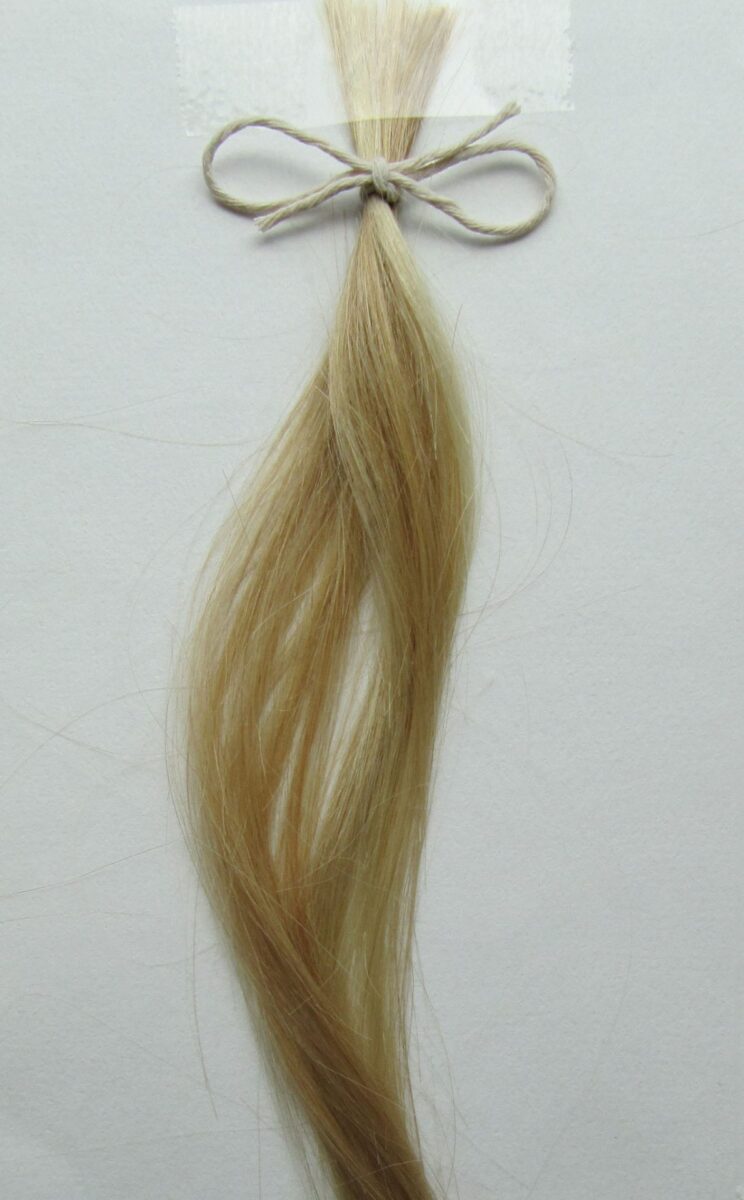The Impact of Chronic Illness on Lifestyle
Cancer directly affects 1 in 3 people in the UK. This statistic is truly staggering, and the huge impact it has on a sufferer’s lifestyle really is unthinkable. Breast cancer is now the most common cancer in the UK today, with 1 in 8 people being diagnosed in a lifetime 4. I chose to interview a survivor of breast cancer, Mrs Williams*. Following a mastectomy, a lymphadenectomy, chemotherapy, radiotherapy, and hormone treatment, she is currently in remission. However, the extent of her condition does not stop there and she still experiences the impact it has on her life today. She explained how being diagnosed came as such a shock, especially as she was only in her forties at the time, which is relatively young to be diagnosed. She said how “the worst part was hearing the ‘C’ word”, a word that is surrounded by an extreme amount of media attention and stigmatization. Mrs Williams felt that whenever anyone asked how she felt, it was no longer a casual ‘how are you?’, but was always tinged with a hint of sadness in their voices, which she supposes is natural, but made her feel that they felt extremely pitiful towards her. She felt that ‘breast cancer’ had now become her master status, that since the diagnosis she was no longer seen as the bubbly person continued to be – despite the disease. Even today she says how she can still hear the worry in people’s voices. The emotional impact of others’ attitudes to her definitely affected her physical state as she felt she found herself falling into this role, being weak and tired and helpless, a very relevant example of mind-body medicine. Another enormous consequence of cancer is the change in her physical appearance. The mastectomy and lymphadenectomy has left Mrs Williams with extensive scarring, as well as chemotherapy having lead to her hair loss, triggering an unimaginable lack of self-esteem. Her treatment also left her looking more aged she explained, something no woman wants to feel. Many sufferers are diagnosed with depression as a result of these dramatic changes in physical appearance, since not only do these affect the way they think about themselves, but also the way other people see them. In addition, this causes a direct impact on relationships. Mrs Williams described how despite feeling self-conscious about her appearance during her treatment, the healthcare team and care trust were extremely helpful. They guided her on issues such as where, if she wanted, she could buy a wig (which they would financially support), as well as organizing days where international and local companies donate cosmetic products to cancer patients. She explained that these small things really were uplifting, and that she could forget her new label and just feel slightly more normal and girly for a while. Finally, she described how due to her cancer and its treatment, she lost a substantial amount financially. As a self-employed professional, having to stop work during her treatment or at least significantly cut her working hours massively. affected her income, as well as reducing her client-base. She said how it was only recently she had managed to recover her business and acquire the income she had previously. This had a knock on impact on her lifestyle and that of her family also. Chemotherapy had also left her weak, and made her unable to do the activities she had once had the energy to do, leading to her not seeing her friends as much as she had done in the past. Both of these issues themselves have a direct impact on emotional wellbeing and thus can affect health.
I am not an artistic person in the slightest, however, I believe by such a simple thing as a lock of hair I can try to explain my experience with cancer, and how something as basic as this can have such an impact on someone’s life and health. A close relative of mine suffered from breast cancer not too long ago, and although I will never truly understand what it is like to suffer from such a horrendous disease, I could at least observe what it did to her and attempt to explain. I decided to use a lock of hair to describe the extreme effect chemotherapy can have on a patient, not only in the way it drains you physically but also how it can have such a vast impact on physical appearance and self-esteem. I could see she was trying to put on a brave face and act like something as simple as hair wouldn’t bother her, but it was clear by the way she tried to laugh it off nervously and joke about it all how much it affected her. I’ve always seen her as a strong, courageous person, and so I could understand why she put up this front in order to protect us, and to make us believe it was still the same person. My lock of hair is my small sacrifice to her, to show her how much I admire her and how I am so proud to have someone as brave as her in my life.
*(Written patient consent was given, name and details changed to preserve confidentiality)
Extract from a Bristol Medical School WPC assignment
References
1 Unknown Author (Cancer Research UK). Breast Cancer Statistics – Key Facts. [Online]. http://info.cancerresearchuk.org/cancerstats/types/breast/?script=true – cancer stats
Whole Person Care, Year One, 2011

0 Comments